The Impact of COVID-19 on Africa/European Union (EU) Migration
The University of Johannesburg’s (UJ) Institute for Pan-African Thought and Conversation (IPATC), South Africa, and the Nordic Africa Institute (NAI), Sweden, hosted a webinar on “The Impact of COVID-19 on Africa/European Union (EU) Migration” on Friday 12 June 2020
This webinar on Africa/EU Migration was the first of a two-part series hosted jointly by IPATC and NAI, and was attended by 30 African and European policymakers, scholars and civil society activists. The main outcome of both meetings is to help develop concrete and constructive policy approaches to managing Africa/EU migration amidst the COVID-19 crisis.
Chair: Dr. Adeoye O. Akinola, Senior Researcher at Institute for Pan-African Thought and Conversation
Speakers: Dr. Ahmed Bugre, a Malta-based Advisor to the Office of the Commissioner of Social Affairs at the Africa Union (AU) Commission in Addis Ababa, Ethiopia;
Dr. Franzisca Zanker, Research Fellow at the Arnold-Bergstraesser Institute in Freiburg, Germany.
Image supplied by: 9_fingers_ via Twenty20
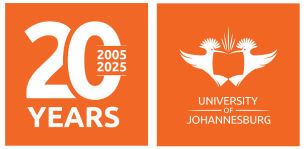


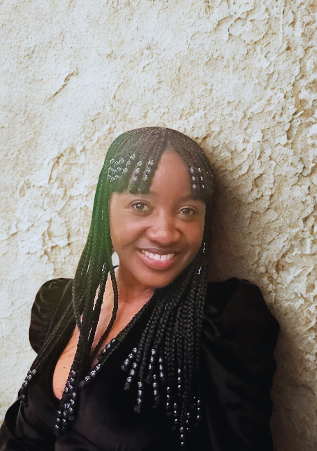
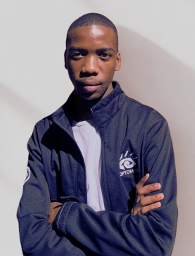



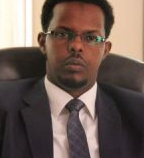
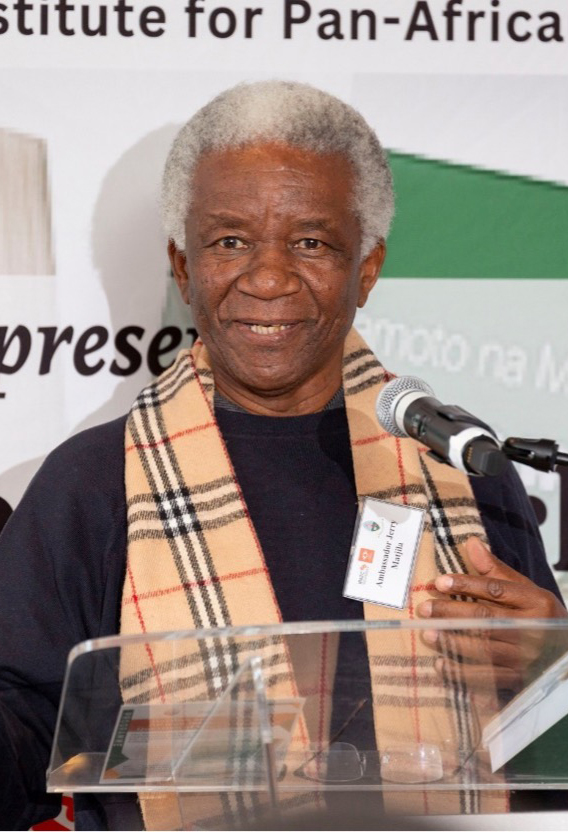
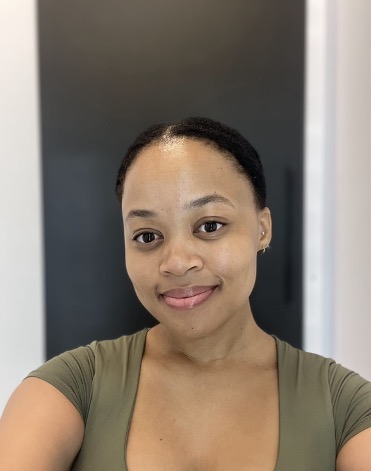
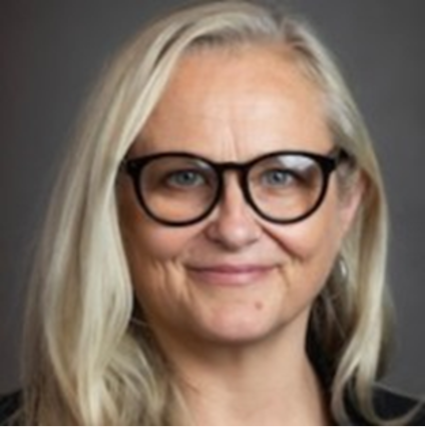
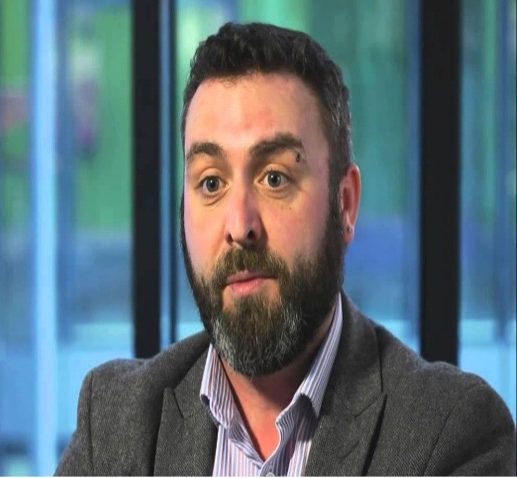
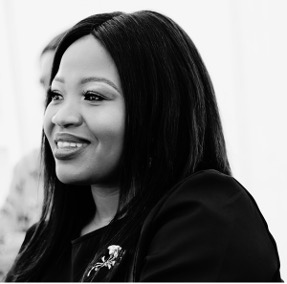


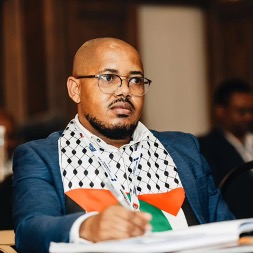
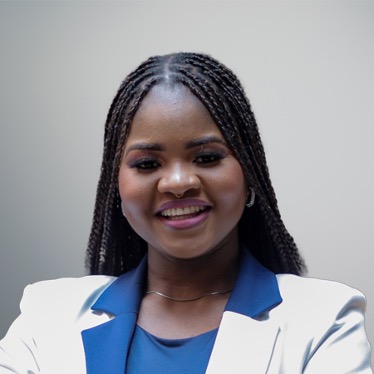
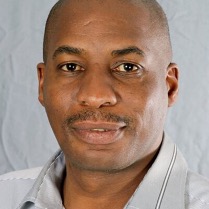
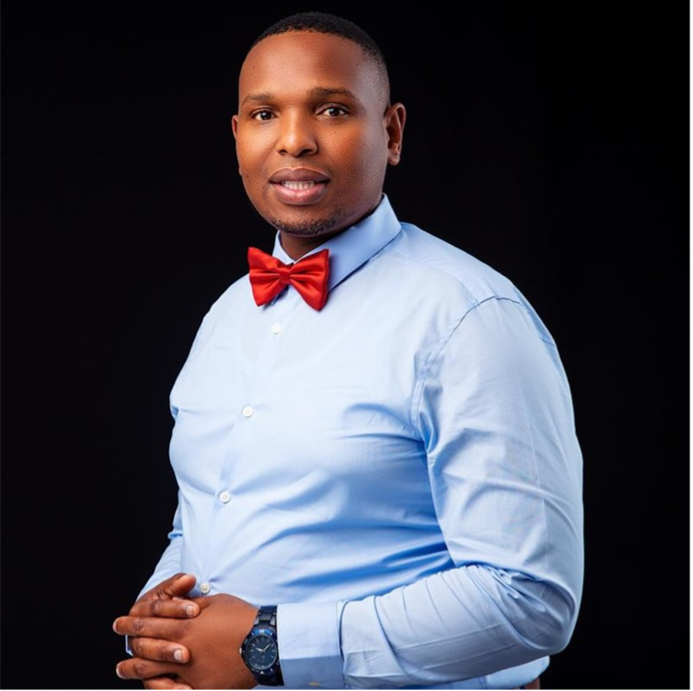
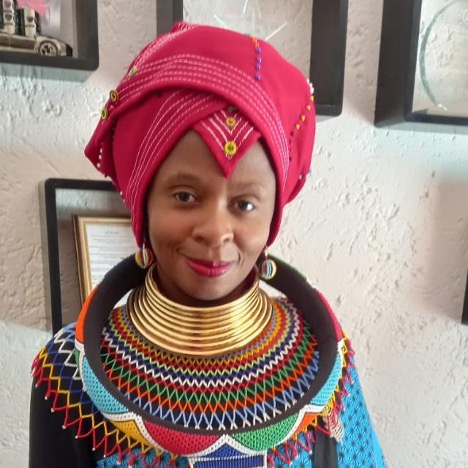
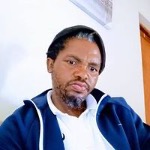

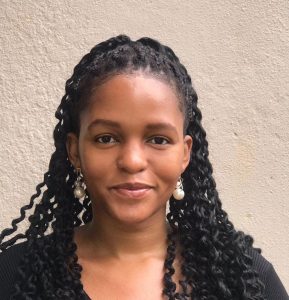
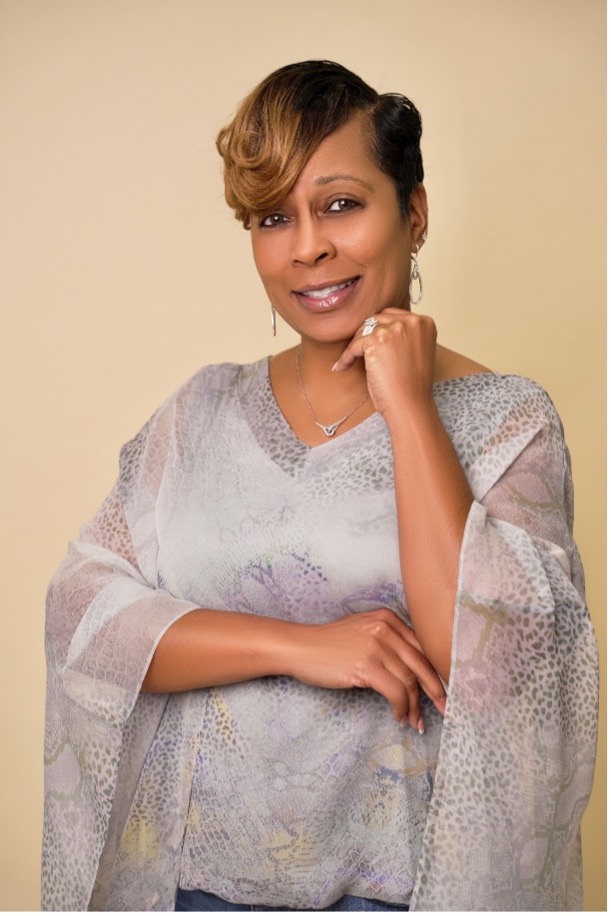
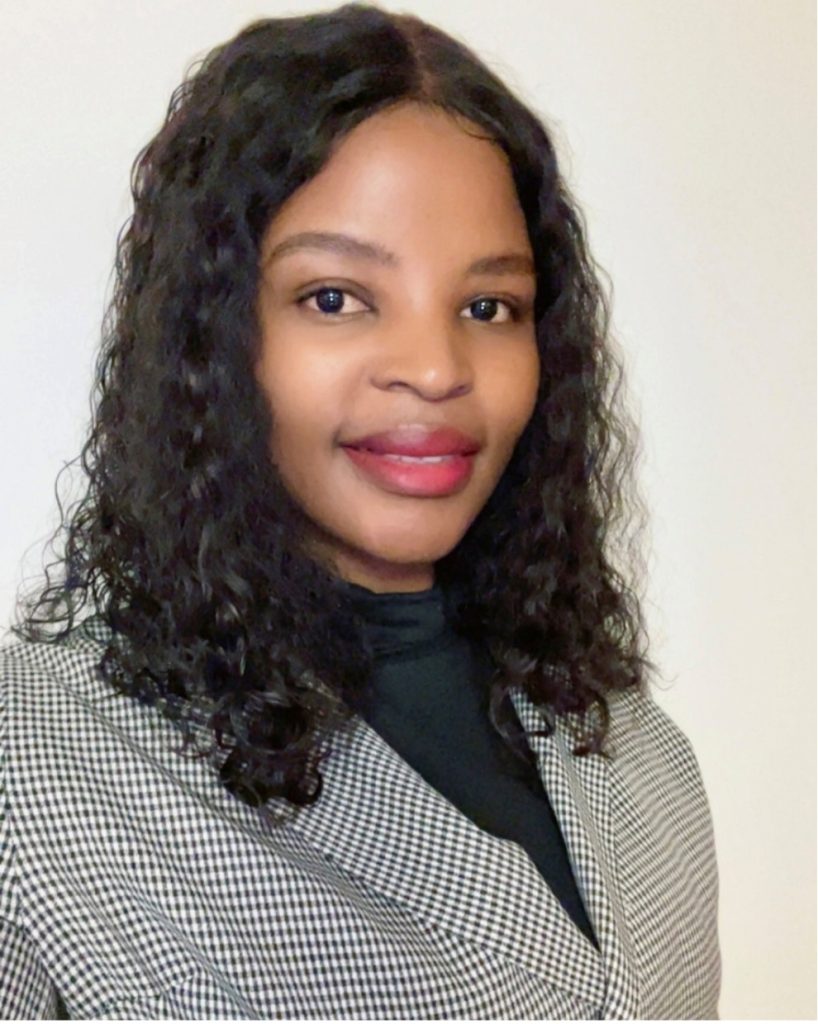
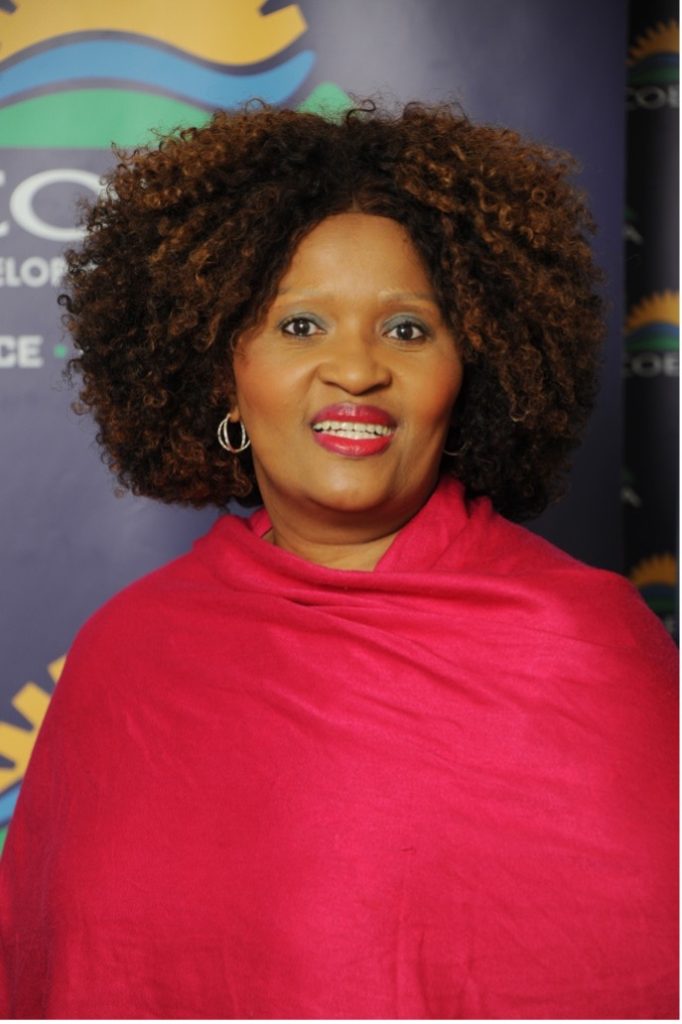





























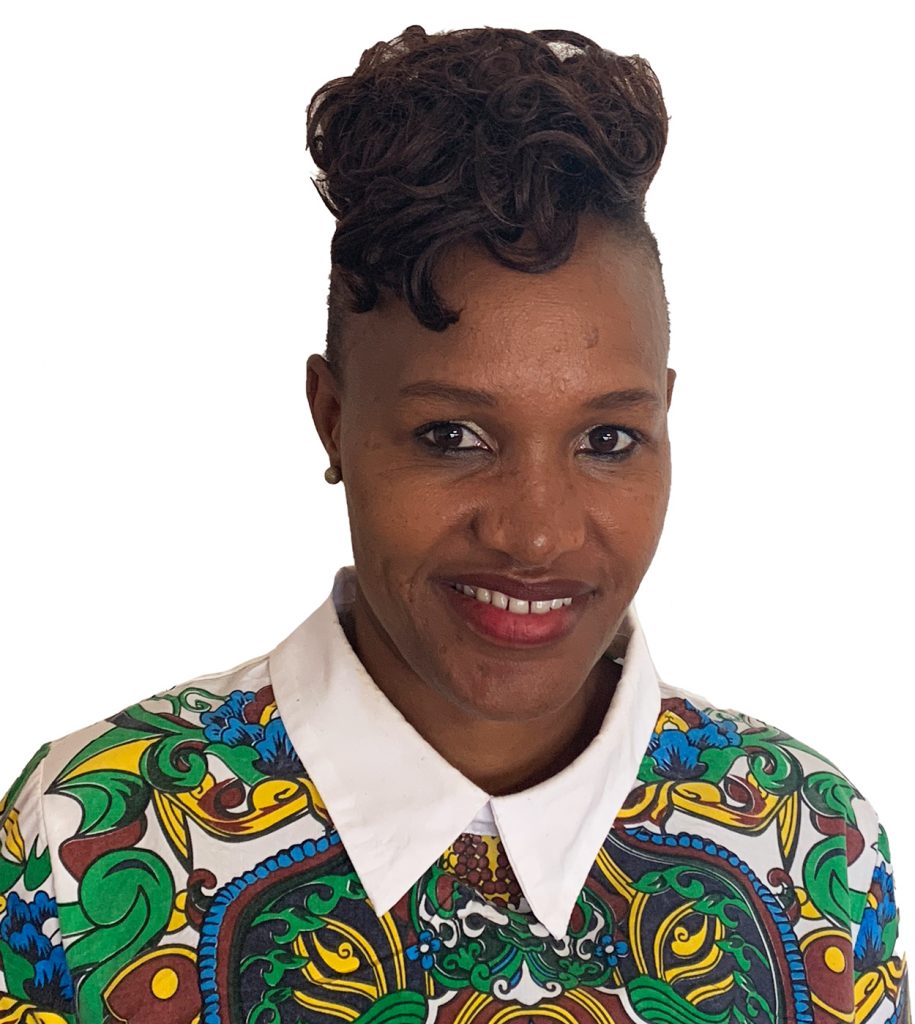

 Ms Zoliswa Ntsoko (South Africa) is the Institute’s Administrative Assistant who assists with general administration and research. She is a seasoned professional with a background in Disaster Management. She holds an Advanced Diploma in Management from Milpark Business School, and a Post Graduate Diploma in Public Management from Regenesys Business School. She also holds certificates in Project Management, and in Disaster Management. Previously, she has worked as a Disaster Management Specialist at the City of Johannesburg – Disaster Management Centre.
Ms Zoliswa Ntsoko (South Africa) is the Institute’s Administrative Assistant who assists with general administration and research. She is a seasoned professional with a background in Disaster Management. She holds an Advanced Diploma in Management from Milpark Business School, and a Post Graduate Diploma in Public Management from Regenesys Business School. She also holds certificates in Project Management, and in Disaster Management. Previously, she has worked as a Disaster Management Specialist at the City of Johannesburg – Disaster Management Centre. Ms Cecilia Lwiindi Nedziwe-Moyo is the Research Coordinator at the Institute for Pan-African Thought and Conversation. She previously served as a Regional Coordinator at the Centre for Peace Initiatives in Africa (CPIA) in Zimbabwe between 2007 and 2013. She completed her master’s degree in International Studies, Peace, and Conflict Resolution at the University of Queensland in Australia as a Rotary Peace Scholar. She has just completed her doctoral studies at Rhodes University. Her areas of interest include: gender, foreign policy, regional organisations and conflict resolution.
Ms Cecilia Lwiindi Nedziwe-Moyo is the Research Coordinator at the Institute for Pan-African Thought and Conversation. She previously served as a Regional Coordinator at the Centre for Peace Initiatives in Africa (CPIA) in Zimbabwe between 2007 and 2013. She completed her master’s degree in International Studies, Peace, and Conflict Resolution at the University of Queensland in Australia as a Rotary Peace Scholar. She has just completed her doctoral studies at Rhodes University. Her areas of interest include: gender, foreign policy, regional organisations and conflict resolution.



 Ms Thembeka Somtseu is a seasoned professional with a background in the textile and construction sectors. She holds a National Diploma in Business Administration from the Durban University of Technology, and studied Development Communication and Media Studies at the University of the Witwatersrand. She worked as a corporate communications specialist for more than ten years, serving in both local and multinational companies.
Ms Thembeka Somtseu is a seasoned professional with a background in the textile and construction sectors. She holds a National Diploma in Business Administration from the Durban University of Technology, and studied Development Communication and Media Studies at the University of the Witwatersrand. She worked as a corporate communications specialist for more than ten years, serving in both local and multinational companies.